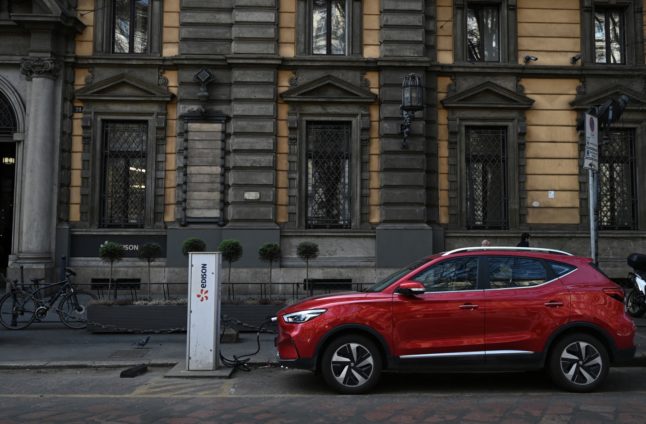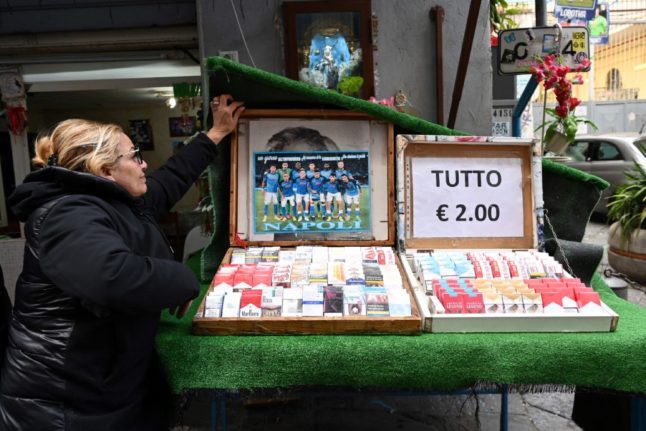The measure, which was proposed by Minister of Enterprise and Made in Italy Adolfo Urso, would enable access to contributions for non-polluting cars such as electric and hybrids.
The proposed incentives, which Urso is preparing to launch, come after electric cars in Italy accounted for only 4.2 percent of Italian market sales, sector group ANFIA said on Tuesday.
“We think we can be ready with the Prime Ministerial Decree by January. The Automotive Fund has a total availability of six billion until 2030,” Urso told national newspaper Sole 24 Ore last month.
He also said that the incentives would not be restricted to electrical and hybrid vehicles: petrol and diesel cars would also be included provided they have a CO2 per kilometre range of 61 to 135 grams.
“We also want to increase the incentives for families with an economic indicator (ISEE) of under € 30,000, provided they scrap a Euro 2 car,” he continued.
As it currently stands, the plan has yet to be passed, despite Urso saying the decree would be ready by January. Nevertheless, according to a working draft seen by ANSA, the government aims to use €930 million, including €570 million of new automotive funds, towards the cause.
Other proposals include aid for the purchase of a hybrid car ranging from €4,000 to €10,000 and low-emission cars ranging from €1,500 to €3,000. The incentive would also apply to commercial vehicles, taxis and long-term rentals.
The scheme is not the first of its kind; it ran last year with a fund of €650 million in total. Some €250 million were allocated for electric cars, €220 million for plug-in hybrid cars and €170 million for low-emission endothermic cars.
The new provisions are due to be discussed in a meeting chaired by Urso on February 1st.



 Please whitelist us to continue reading.
Please whitelist us to continue reading.
Member comments